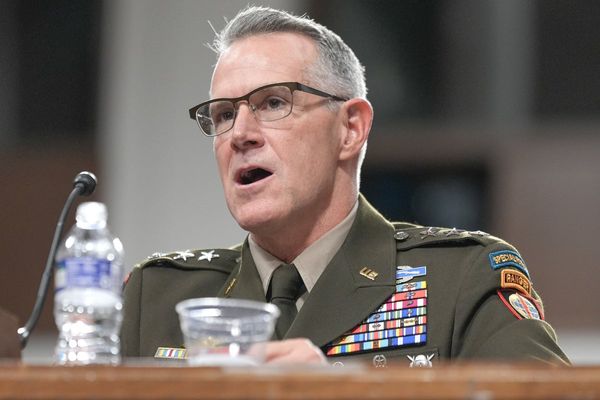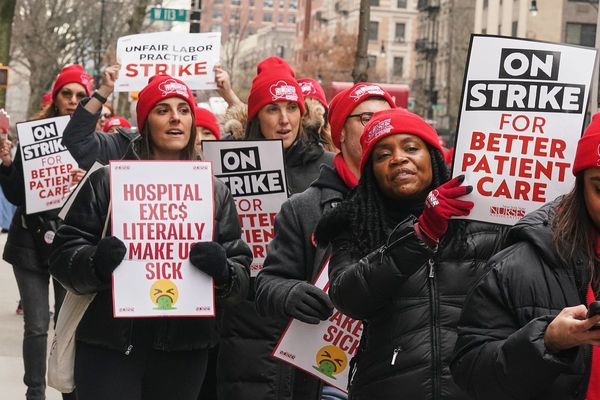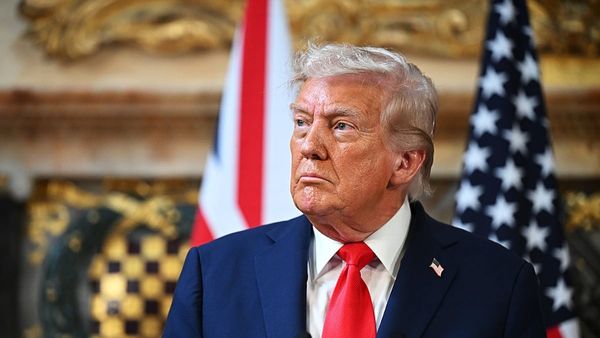
In the second live debate on state television, six presidential candidates in Iran engaged in a discussion about the country's economic challenges ahead of the upcoming June 28 election. This debate follows the tragic helicopter crash last month that claimed the life of President Ebrahim Raisi and seven others.
The debate, which was the second of five planned before the election, focused on Iran's struggling economy, which is grappling with sanctions imposed by the United States and other Western nations. The candidates deliberated on topics such as inflation, the budget deficit, fuel consumption subsidies, and education. While all candidates pledged to work towards lifting sanctions and implementing reforms, specific details were not provided.
One prominent candidate, a former Tehran mayor with ties to the Revolutionary Guard, emphasized the detrimental impact of sanctions on the economy and stressed Iranians' right to a good quality of life. Another candidate, Iran's vice president, vowed to continue the previous administration's work and highlighted plans for developing the tourism industry.

















Addressing the healthcare sector, candidates acknowledged the issue of doctors and nurses leaving Iran due to economic challenges and poor working conditions. Proposals were made to increase pay for healthcare workers to incentivize them to stay in the country.
All candidates recognized the significance of the Education Ministry in shaping the future generation of Iran and called for increased funding for the ministry. The one pro-reform candidate suggested that resolving internal party differences and external factors could help alleviate the economic crisis.
The upcoming election occurs amidst heightened tensions between Iran and the West over Iran's nuclear program, support for militia proxy forces in the Middle East, and involvement in conflicts such as the Israel-Hamas war. The candidates' discussions shed light on the complex economic challenges facing Iran and the various approaches proposed to address them.







